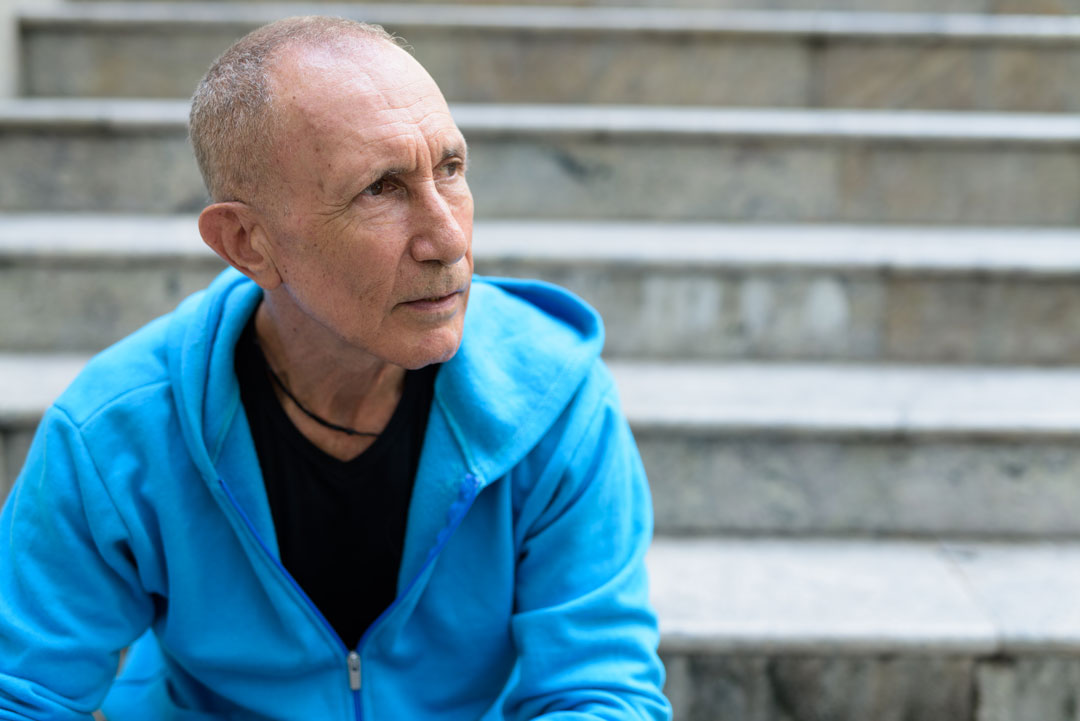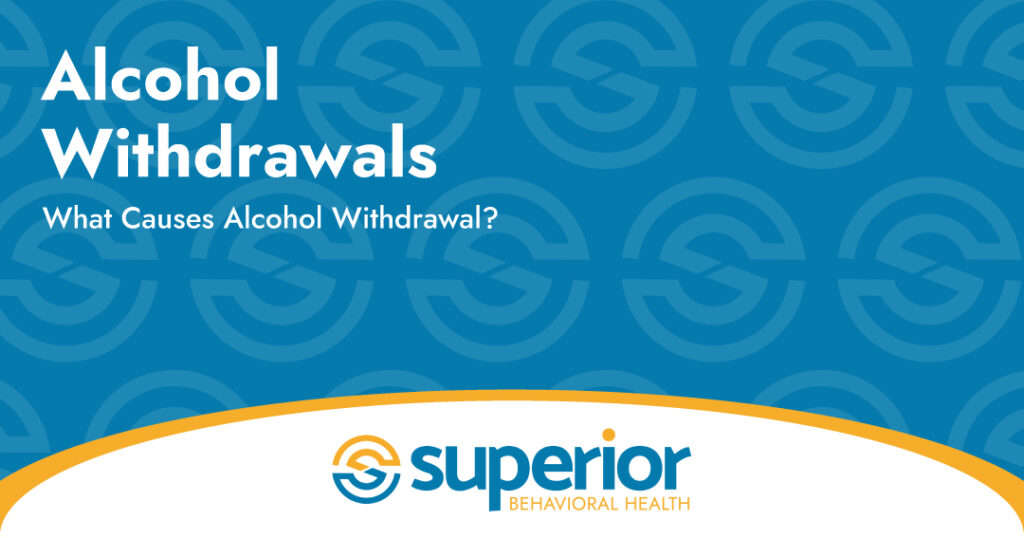You didn’t think your drinking was a problem. You only drank one or two at a time usually, and you rarely went out and got totally wasted. Sure, you felt like a good beer was more like water now, and you needed a few more than usual to feel the same buzz, but that’s normal, right?
But lately when you miss a day of drinking, you always get a major headache. Sometimes it gets worse, and you feel shaky and nauseous. What you’re experiencing is known as alcohol withdrawals. Here at Superior Behavioral Health, we aim to provide easy-to-access, educational information about alcohol use and its side effects so people can be more aware of what they’re experiencing. This can help people make more informed decisions about their health and know their recovery options.
Today we’re looking at alcohol withdrawals, how they happen, the common side effects, and ways that they can be treated.

What Causes Alcohol Withdrawal?
Those who drink on rare occasions aren’t going to be prone to experiencing alcohol withdrawals. Withdrawals occur for those who have a long history of alcohol consumption, or who regularly binge drink large quantities of alcohol. This occurs when your body is used to alcohol regularly being within the body. Alcohol can impact many functions of the body and when it’s then removed, your body has to adjust to its absence. This process and its side effects are known as withdrawal.
How Much Do I Have to Drink to Get Withdrawals?
There isn’t a set number of drinks that will guarantee withdrawal to occur. However, your odds of experiencing withdrawal increase with continued alcohol use and heavy alcohol use.
The Common Signs and Symptoms of Alcohol Withdrawal
The most common signs of alcohol withdrawal include:
- Increased anxiety or irritability
- Changes in sleeping and eating patterns
- Headaches
- Nausea and vomiting
- Depression
- Sweating and clammy skin
- Tremors
- Confusion
There are more severe withdrawal symptoms. The most severe include seizures, hallucinations, and delirium tremens. These have the highest risk of occurring during the first 72 hours of withdrawal.
The Timeline of Alcohol Withdrawal Symptoms
Alcohol withdrawal symptoms usually start within 8 hours of the last drink. In some cases, however, they can start even days after the last drink.
Withdrawal symptoms usually peak within the first 3 days of starting. At this point, most of the worst symptoms pass, but other symptoms can linger for days or weeks. Some symptoms might not stop until addressed with proper treatment.

Alcohol Withdrawal Treatment, Coping, and Prevention: Recovery Options in Ohio
Addressing alcohol withdrawal and alcohol use disorders is possible, and Superior Behavioral Health is here to help. We offer inpatient and outpatient programs so you can be surrounded by trained, licensed professionals who can help make sure your withdrawal experience is safe. We then work with you to help address triggers and the source of your substance use to help build a strong foundation for your recovery.
If you’re looking for recovery options for alcohol use, we’re ready to help. We’re also equipped to help those who have both an alcohol use disorder and untreated mental illness, which is often referred to as a co-occurring disorder. We know how often these two can go hand in hand, and addressing one without the other can often hinder recovery.
Learn more about our programs by giving us a call at 216-435-1110. Our Superior team is available and ready to support you whenever you want to get started.
FAQs About Alcohol Withdrawals
What are the side effects of cutting out alcohol?
If you have an alcohol use disorder and stop using alcohol, you could experience withdrawal.
What is one of the first signs of withdrawal?
Common signs of withdrawal include tremors, fatigue, irritability, headaches, insomnia, and nausea.
What happens to your body after 3 weeks of no alcohol?
After three weeks without alcohol, most withdrawal symptoms will have ceased. This doesn’t mean that things like cravings or the long-term effects of alcohol use will go away on their own. Some side effects like these require proper treatment to address them.


